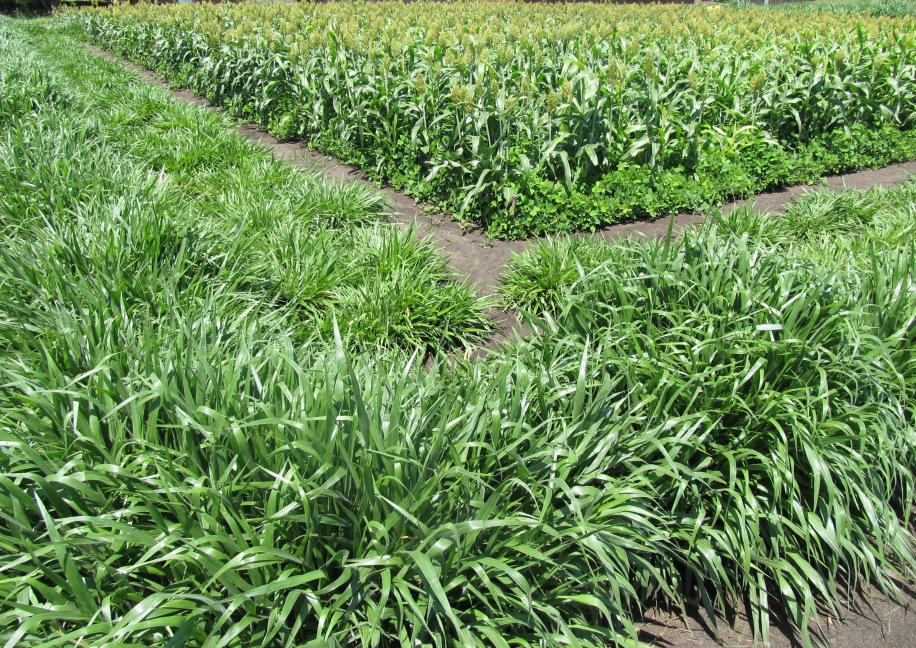With the funding of European Union, the International Centre of Insect Physiology and Ecology (icipe), Rothamsted Research and partners (Research and Extension partners) seek to enhance food security and increase prosperity for poor smallholder farmers in Africa vulnerable to climate change through ‘Adaptation and Dissemination of the ‘Push-Pull’ Technology (ADOPT): a conservation agriculture approach for smallholder cereal-livestock production in drier areas to withstand climate change’. The push-pull technology is described as, “the single most effective and efficient low-cost technology for removing major constraints faced by the majority of small-holders in Eastern Africa resulting in an overall and significant improvement of their food security and livelihoods”. ADOPT ensures that the technology is fully adapted for and adopted by the resource-poor smallholder cereal-livestock farmers in the dry and hot areas vulnerable to climate change. New drought tolerant trap and inter-crop plants will be identified and incorporated into the technology to ensure its sustainability under the increasingly adverse conditions associated with climate change.
The project is being conducted in Ethiopia (Tigray, Amhara and Western Hararge regions), Tanzania (Lake Zone-Mara, Mwanza and Shinyanga regions) and Kenya (Nyanza and Western Provinces) that are on the limit of the current Push-pull system because they are more arid (500mm-700mm rainfall p.a.) than the locations where Push-pull is currently practiced.
The project partners are Heifer Project International Kenya, Heifer Project International Tanzania, Institute for Sustainable Development, Ethiopia, Kenya Agricultural Research Institute, Ethiopian Institute for Agricultural Research, Lake Zone Agricultural Research and Development Institute, Tanzania and Rothamsted Research, United Kingdom. Although there is urgent need and demand, Uganda is presently not included in the EU-funded ADOPT Project.
To date one new trap crop (Brachiaria hybrid Mulato) and one Desmodium (D. intortum) intercrop have been identified and used for dissemination. Both crops are more drought-tolerant than current components, and are commercially available.In addition, it has been shown that Brachiaria hybrid Mulato is resistant to Napier stunt disease. Excellent progress has been made in the roll out of the adapted Push-pull technology with over 32,649 farmers (19,589 females and 13,060 males) now participating in the target areas. This will provide a nucleus of experienced farmers for further expansion of the project in Ethiopia, Kenya and Tanzania.

